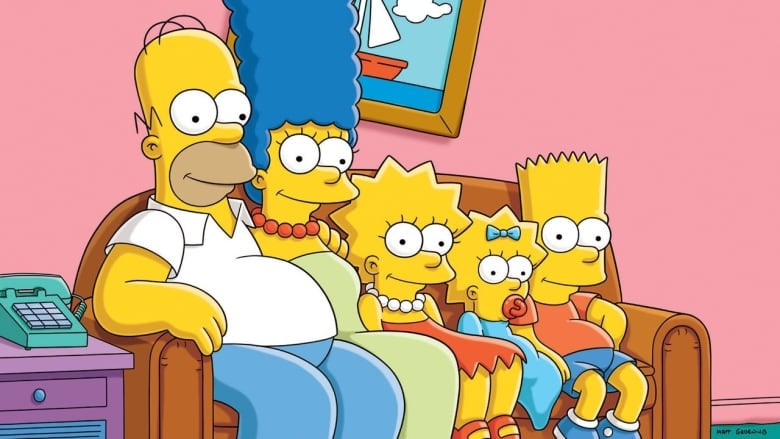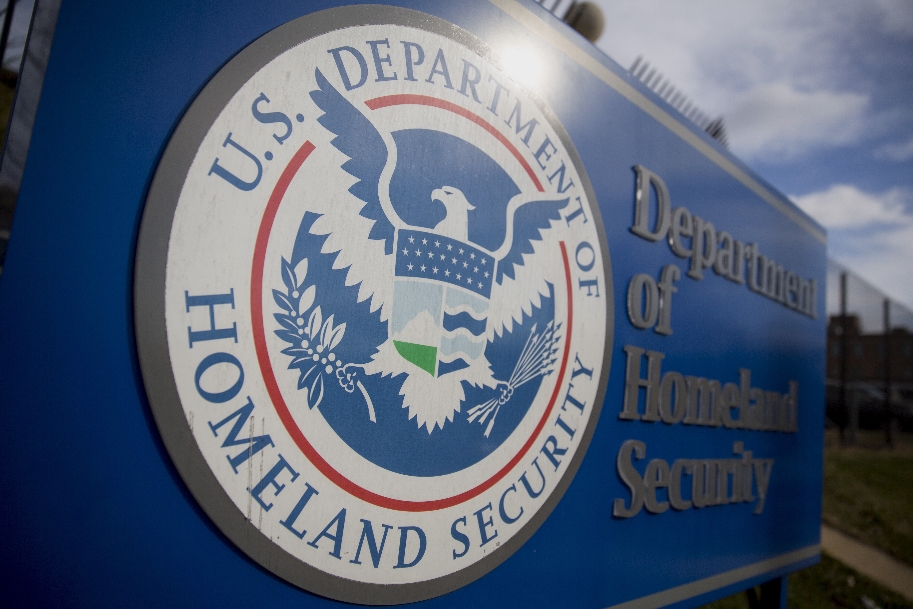
Republican lawmakers are calling out Disney for "cowering" to China by omitting a "The Simpsons" episode in Hong Kong.
The episode in question – episode 12 of season 16 – refers to the 1989 Tiananmen Square massacre, when China ordered its troops to open fire on protesters advocating for democratic reform, killing hundreds or thousands of people.
The episode titled "Goo Goo Gai Pan" featured the Simpsons' visit to Tiananmen Square, where they see a joke placard that reads: "On this site, in 1989, nothing happened."
The family also visits the embalmed body of former Chinese leader Mao Zedong, referred to as "a little angel that killed 50 million people" by Simpson patriarch, Homer.
Further, the episode referenced the iconic "Tank Man" photo taken on the day of the massacre, which showed an unidentified protestor standing alone before a line of Chinese tanks during the government lockdown.
A December 10 letter addressed to Disney Chief Executive Bob Chapek accused the company of "scrubbing history on behalf of the communist tyrants in Beijing."
"The fact that Disney would delete a satirical cartoon episode that has the potential to expose the evils of the Chinese Communist Party is disgusting and worthy of condemnation," said South Carolina representative Jeff Duncan, who is the lead author of the letter.
Signed by 13 Republican members of Congress, the letter inquired about the reasons for omitting the episode and questioned the influence or control of China on Disney's content, as well as the company's stance regarding the massacre.
Duncan went on to call for a restoration of the episode for viewership in Hong Kong. He wrote: "China wishes to wipe the Tiananmen Square protests and massacre of 1989 out of history, and it seems Disney is attempting to help achieve this goal. I strongly encourage Disney to reverse its course if it is complicit in any way with the Chinese government, and tell the Chinese Communist Party to 'Eat My Shorts.'"
Disney decisions riddled with controversy
This controversy comes amidst escalating concerns about censorship in Hong Kong following Beijing's draconian national security law, which was imposed in June 2020. The law significantly stifles freedom of speech and freedom of association in the city, giving the Chinese regime sweeping power to target individuals for any acts that they deem as secession, subversion, terrorism or collusion with foreign forces.
Duncan added that Disney's decision to bend to China erodes American principles. The kind of influence that China holds on U.S. companies should be "exposed and reversed," he said. (Related; Old Simpsons episodes predict novel coronavirus outbreak.)
He also demanded consistency from the company, adding that "Walt Disney animatedly fought against the rising tides of communism and fascism, and this action is a betrayal of the founding principles of Disney."
This isn't the first time that the company had been called out for aiding Beijing's narrative. In 2020, the company came under fire for filming the movie "Mulan" in the far west Xinjiang region, where more than 1 million Uighurs and other Muslim minorities are being detained in internment camps as per United Nations estimates.
The movie also featured in its credits a "special thanks" to Chinese agencies that are accused of participating in human rights violations against Uighurs in the region, prompting calls for a boycott of the film.
Lawmakers also inquired whether or not China hinted at shutting down or slowing down operations at the Shanghai Disneyland resort during the review of "The Simpsons" content in Hong Kong.
A 2020 report by a New York-based non-profit group noted that studios' investment in theme parks in China serves as a form of business pressure, given that the companies could stand to lose billions of dollars in revenue if China decides to punish them. "Disney, for example, has a 47 percent stake in the Shanghai Disneyland Park, which opened in 2016 and cost over $5.5 billion to build," the report said.
Watch the video below about the Tiananmen Square massacre.
ThoughtPolice.news has more articles related to censorship.
Sources include:
Please contact us for more information.





















